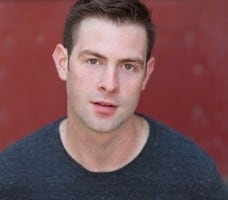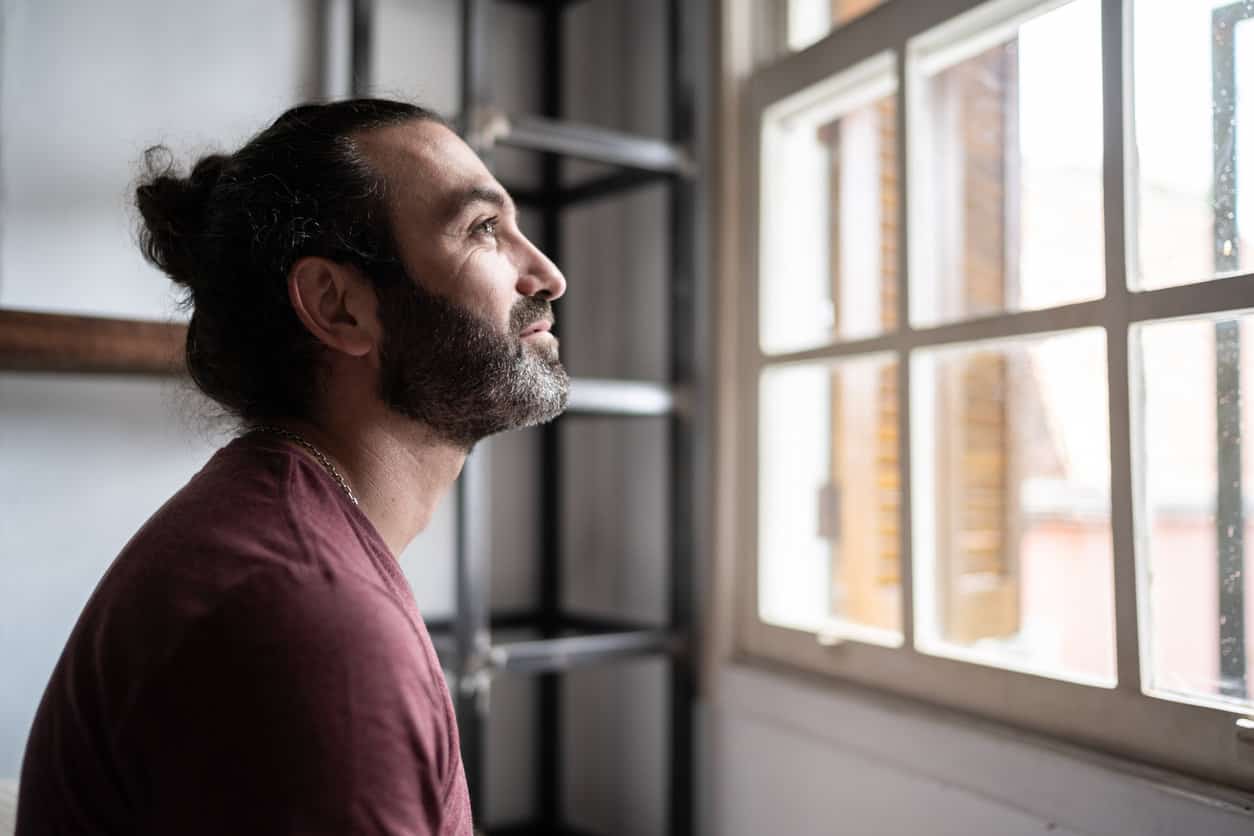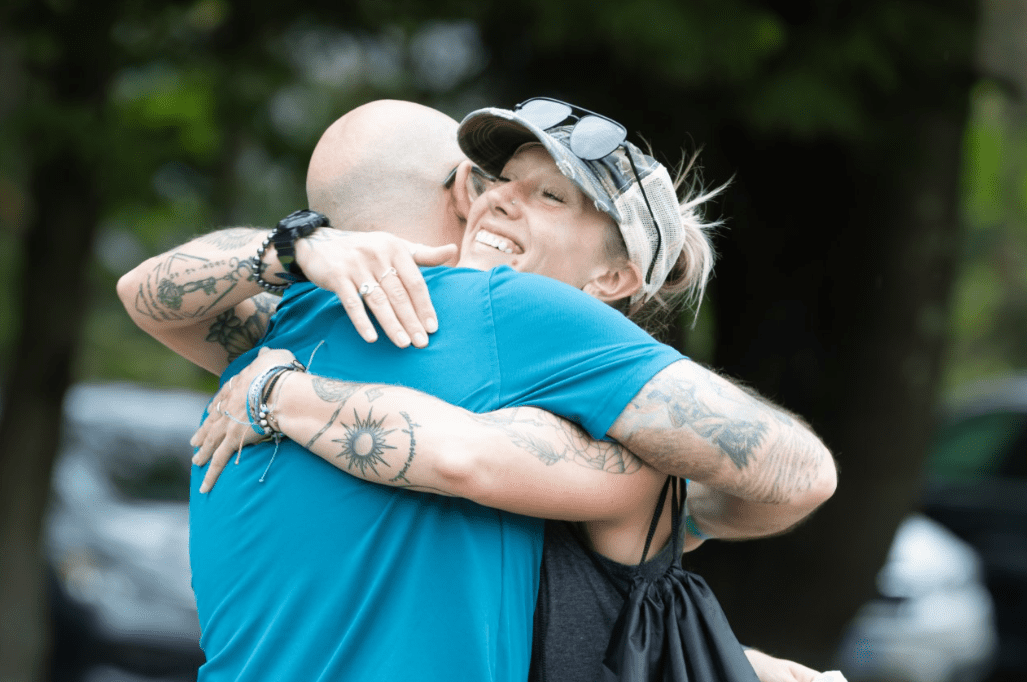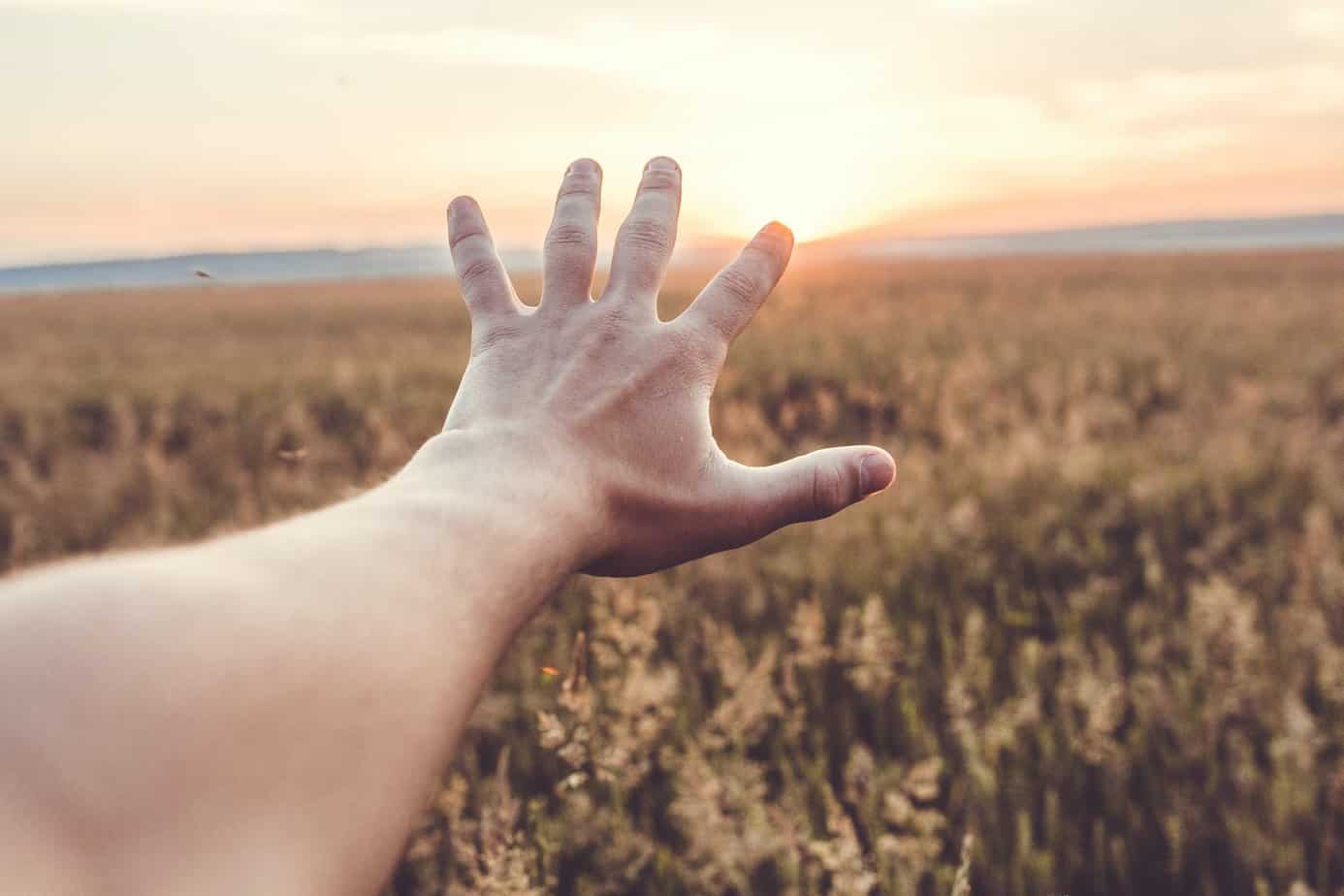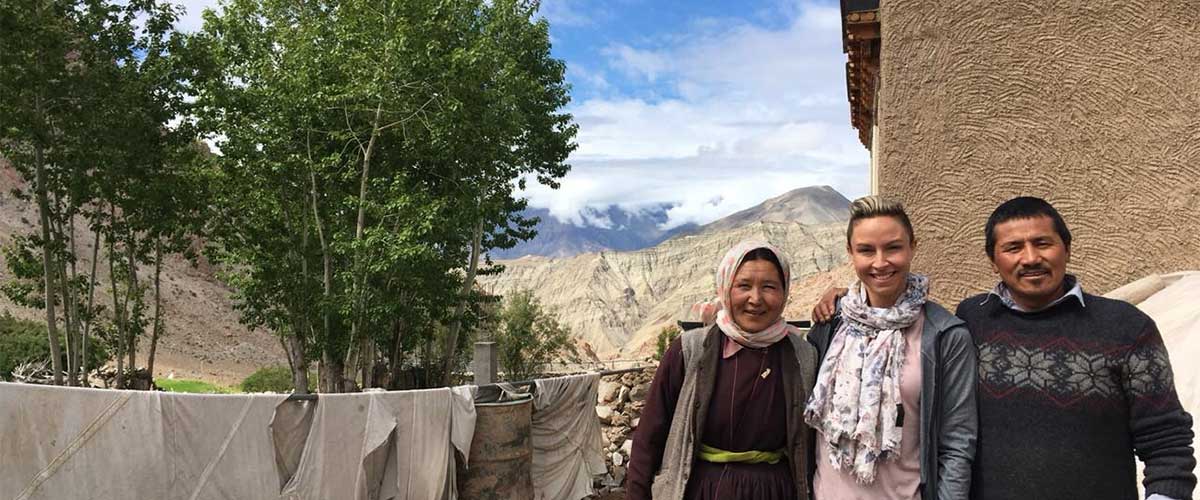David shares his journey to addiction treatment, and what he enjoys most about his life in sobriety.
Q: What excites you the most now when you get up in the morning?
A: After over a year, it still excites me that I feel energized and ready to take on the day when I wake up. I look forward to going to the gym, checking things off my to do list, spending time with my family and friends. Even if I only get 5 hours of sleep, I am 100 times more energized than I was before I entered Mountainside, and that is something I remember every day.
Q: What is your motto? And what about this motto appeals to you?
A: If I had to pick one, it would be “You can’t always get what you want.” It reminds me that every obstacle is a lesson learned and the best things in life don’t come easily. If I always got what I wanted, I wouldn’t have anything to strive for. As an actor, a big part of my job is auditioning, and I certainly don’t get every role I audition for. But every time I don’t get a part I really want, instead of seeing it as a rejection, I use it as motivation.
Q: What has been the best part of recovery for you? Why?
A: Being present for family and friends. Before I chose recovery, every time my parents were in town, I would have some excuse as to why I couldn’t see them. I was “doing laundry” and the washing machine broke, or I was “sick and contagious,” or I had “work.” My friends would want to do something fun and active, but I just needed to make sure I got away before the liquor store closed. Now I can see the people I love and be free to enjoy our time together.
Q: What would you say is the biggest success – professional or personal – you’ve had since leaving Mountainside?
A: Working on physical fitness and health. I had never in my life paid any attention to diet or exercise until I got sober. I go to the gym a few times a week, I eat healthy, and try to stay fit. A year ago, my blood pressure was 180/100, and I was 20 pounds overweight. I was 29 years old, and doctors told me I was at risk of having a stroke. Now, I have normal blood pressure, and I’m at a normal weight. It’s definitely what I’m most proud of so far.
Q: What has been your biggest hurdle in recovery and how did you learn to overcome it?
A: When I left Extended Care, I returned to Boston and lived with my brother and his family for a few months, and it was very difficult to adjust. I spent nearly every day going from meeting to meeting, and I eventually felt confident enough to find my own place to live, and work the program with my sponsor, and stay active in AA. I know I can always rely on my fellow alcoholics to help me whenever I feel like I’m in a rut.
Q: What was the turning point that led you to get help?
A: I had a girlfriend I loved at the time, but the only thing I cared about was when I got to drink. She was unaware of my problem but knew something wasn’t quite right. I had been “sick” for nearly our entire relationship and had been going to the doctor once a month for the past year. I knew that telling my girlfriend I had been drunk for our entire relationship meant she would leave me, and the fear of losing her helped me realize that maybe I could love a person as much as I loved alcohol.
The doctor eventually encouraged me to seek treatment, which I agreed to but kept to myself. A couple of days later, my girlfriend broke up with me, still unaware of my alcoholism. I debated for two weeks whether to seek treatment as planned, or continue to let depression and alcohol run its course. Ultimately, I made the only smart drunken decision I ever made and told my family I wanted to go to treatment.
Q: If you could, what would you tell your younger self?
A: Don’t sweat the small stuff. I let the smallest problems get me so worked up and anxious that I lost focus on what really mattered. I don’t necessarily think I would have listened to that advice, as it’s easier said than done, but maybe hearing from my future self would’ve sparked some extra motivation.
Q: If you could, what would you tell your younger self?
A: Don’t sweat the small stuff. I let the smallest problems get me so worked up and anxious that I lost focus on what really mattered. I don’t necessarily think I would have listened to that advice, as it’s easier said than done, but maybe hearing from my future self would’ve sparked some extra motivation.
Q: What would you like people who are afraid to receive treatment know?
A: It’s like ripping off a Band-Aid. I was terrified but I told ONE person that I had a problem, and it all just fell into place from there. Making the decision to get help isn’t easy, but there is more support out there than you could imagine.
Q: What suggestions do you have for the newcomer?
A: Go to as many different meetings as you can. Going to one that you are happy with is absolutely fine, but branching out and expanding your network and getting more phone numbers is a great way to ensure you have support whenever you need it.
Q: What is the best advice you have been given?
A: My AA sponsor advised me to go to a SMART Recovery meeting. He didn’t advise me to work two programs at once, but he wanted me to get a feel for my options. I had a great experience and have been back a few times. I am not working both programs, but the meetings at SMART have a different format that I sometimes prefer, depending on my mood.
Q: What is the one item you can’t do without?
A: I still carry around my Mountainside water bottle everywhere I go, so I guess I couldn’t do without a water bottle. It usually has coffee in it though.
Q: Would you rather be an inventor or a leader? Why?
A: Inventor. I have not yet invented something worthy of Shark Tank, but I have big ideas. Also just because I think I would be a lousy leader. Sometimes you just have to be honest with yourself.
Q: Who — dead or alive — is on the guest list for your ideal dinner party?
A: Amy Schumer, Louis CK, the entire cast of The Deadliest Catch, David Blaine, Michelle Obama, Mark Twain and Moses. I think the conversation would last for weeks. It would also make a great reality show.
Q: What’s the one thing people would be pleasantly surprised to know about you?
A: I donate blood every six weeks. I never used to because I didn’t want to give blood that was full of alcohol, but ever since I got sober and healthy, I’ve felt a sort of responsibility to help those who are in need.
Q: What are you currently reading or what song have you enjoyed recently? What do you love about it?
A: I’ve been reading Into Thin Air by Jon Krakauer. The stories of loss and survival are incredible, and I have a slight obsession with anything about Mt. Everest. The mentality of these people fascinates me: how dedicated they are to reaching the top of the world in the most dangerous conditions imaginable. There’s a thrill to reading it, but also relatable. Knowing that you are risking your life for something not because you want it but because you NEED it. And having the discipline to decide when enough is enough, and it’s time to turn around.
If you or a loved one is struggling with addiction, Mountainside can help.
Click here or call (888) 833-4676 to speak with one of our addiction treatment experts.

 By
By 